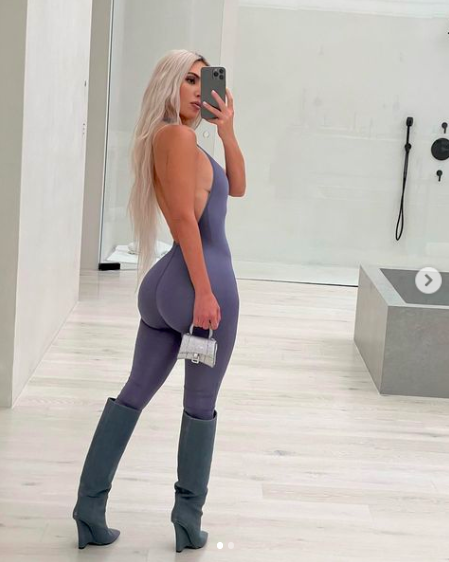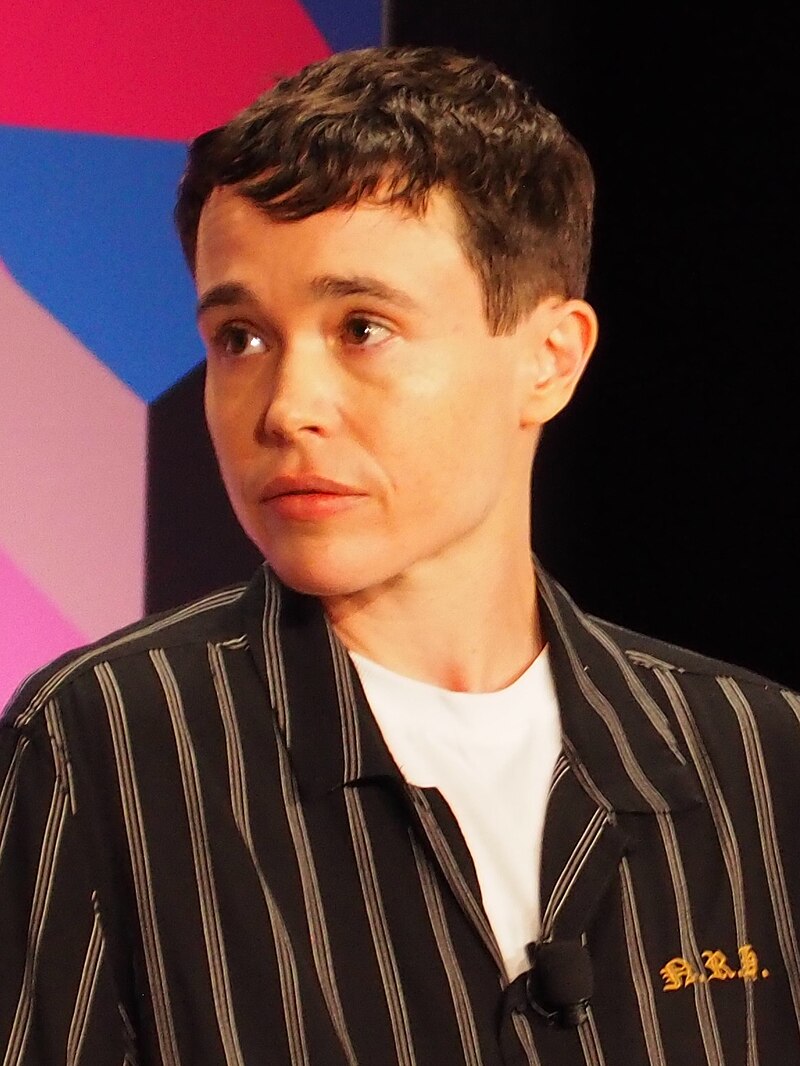
Last week Kim Kardashian broke the Internet with her signature butt. In September, Vogue declared we are in the era of the big booty. And our Instagram feeds aren’t just loaded with selfies, but belfies (butt selfies) too. You would think that media’s changing female archetype from the stick-thin supermodel shape to one with healthy butt and thighs is something worth rejoicing over, that pop culture is finally moving away from unrealistic body ideals and becoming more inclusive of all shapes and sizes. Wrong. We’re not in some parallel universe where women can stay as they are and be accepted. In reality, the big butt trend is still playing the same game with women’s bodies—just tacking on another expectation that women are pressured to attain.
Almost every guy I have ever hooked up with or dated has had a strong obsession with my ass. They shamelessly glorified my toned rear, and me with my bony body and knobby, small boobs took pride in the realization I had some shred of sex appeal. But as I progressed from teen to adulthood with more boys sexualizing my behind, the more pressure I felt to maintain my booty and even grow it bigger. I did glutes exercises, squats, lunges, and even climbed four flights of stairs every day (instead of taking the elevator up to my apartment) just to define my butt even more. I was the one becoming obsessed. Having a nice butt wasn’t about my confidence anymore or staying fit, but instead on keeping men’s attention and always being known as the girl with that ass.
When butts started to get more recognition from the mainstream, I wasn’t as overjoyed as I initially thought I might be. The overwhelming sense of pressure I already felt was met with competition as I realized that even my nice butt wasn’t good enough. It was nowhere near the level of Iggy Azalea’s, and I certainly couldn’t twerk my booty to my advantage. The increased pressure and competition to be better—essentially be bigger (while still somehow remaining a size two on top)—eroded my self-esteem. I used to feel sexy and proud of my butt, but instead started to feel inadequate because of my size.
Mistakenly it’s assumed that the media’s changing image of women from thin to thick is body-positive and inclusive. While I am all for embracing different body types, the big butt trend is not even close to body-positivity; it’s actually body-shaming. From female pop stars singing about how men like more booty to male DJs starting Kickstarter campaigns for singers like Taylor Swift to get a booty makes women who naturally lack an ass feel uncomfortable in their own skin. Body-positivity means being accepting of all bodies—not just a certain type. Telling women they’re not desirable because their butt isn’t bootylicious enough is no different than telling a woman she isn’t hot because she doesn’t have a flat stomach. The media is dictating the same status quo to women: worshipping one body type while shaming all others.
Women’s bodies have been continuously warped by society. We are supposed to have tiny waistlines, full lips, big breasts, toned abs, and now an impressively huge buttocks. Women’s bodies are manipulated by Photoshop to present this standard of beauty and erased of any hint of realism. Cellulite or stretch marks are unheard of, and celebrities boast figures most women only dream of. Honestly, average women don’t have all these physical characteristics (let alone any), and the endless set of unrealistic beauty standards we as women are pressured to attain is damaging to our self-worth. The real message should be that all women are beautiful regardless of size or shape; our natural beauty shouldn’t be dismissed because we don’t fit into some narrow definition of what it means to be sexy.
Every guy I have hooked up with who has fetishized my ass is really just treating me as one part—not as a whole. This is exactly what the media is doing today. In the same drooling fashion, a woman is broken down into the size of her bum and what that means about her sexuality. Her butt is reflected through the male perspective in music videos and song lyrics like, “Mama she told me don’t worry about your size. She says, ‘Boys like a little more booty to hold at night.'” (Meghan Trainor’s “All About That Bass”) and “Because he don’t like ’em bony, he want something he can grab.” (Nicki Minaj’s “Anaconda”). The message is that big butts are desirable because men desire them. My female friends and I were doing fifty squats a day not for our health, but to become more desirable to guys. The sexualized body image is teaching both genders to look at women as objects, as just parts—instead of as a full person.
In rejecting this big butt trend, I stopped doing the daily lunges and squats. I realized if I’m just trying to get a bigger ass because it’s popular or guys like it but not because I truly want it, then it isn’t worth the workout. What I care about now is being healthy and staying true to my own body, whether that’s small-breasted and thin or having some junk in the trunk. As long as I am healthy, stress-free, and accept and love what I see in the mirror, then no one should tell me differently.
Related: Self-Love – 3 Practices to Love Your Body
Gone Girl and the Cool Girl Dialogue
What Being Korean Taught Me About Self-Image
Also by Jessica: Love – 6 Signs You Should Break Up
__
Photo: Kim Kardashian via Instagram




